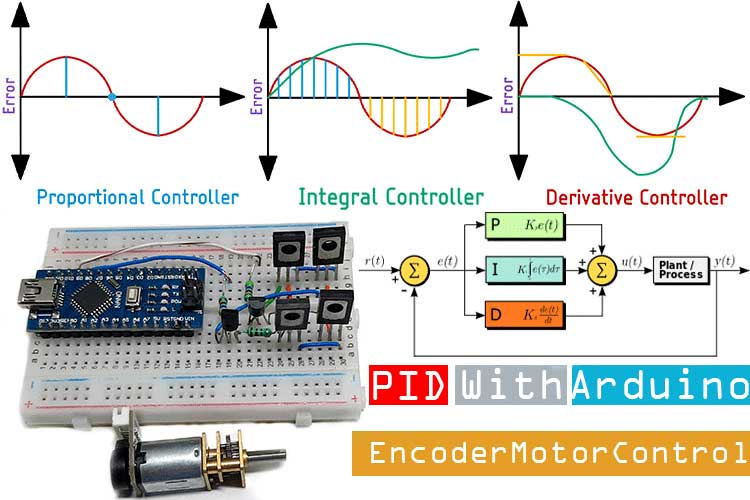

The default speed is set to 255.ĥ) back(, , time ) back(, , speed, time )įunction accepts two motor object's name, optionally PWM speed and time in milliseconds and runs the motor in forward direction for the passed amount of time. If the value of speed is in negative, the motor will go backwards. Motor_name = name of your motor object value= 255 to -255 negative values will make the motor move in reverse time= time in millisecondsīrake function doesn't take any arguments, brakes the motors.ģ) brake(, ,, time ) forward(, , speed, time )įunction accepts two motor object's name, optionally PWM speed and time in milliseconds and runs the motor in forward direction for the passed amount of time. The motor method has the following functions. No more steps in the setup() function, we just run the code in the loop() function.

Motor motor1 = Motor(AIN1, AIN2, PWMA, offsetA, STBY) Īnd with this, you're done initializing the library. You then have to initialize each of the Motors with the following parameters Motor = Motor( Pin 1, Pin 2, PWM pin, offset, Standby pin ) const int offsetA = 1 The values of these offsets are either 1 or -1. You could manually rewire it, or you could just change the offset from here. Imagine if you're doing a forward command on your motor, and it's spinning in reverse.

To initialize your motor objects, you need to set offsets for each motors.
#Two dc motors arduino reverse how to
Now to explain how to use the library for your own piece of code.įirst begin with importing the library and initializing the pins on arduino #include


 0 kommentar(er)
0 kommentar(er)
